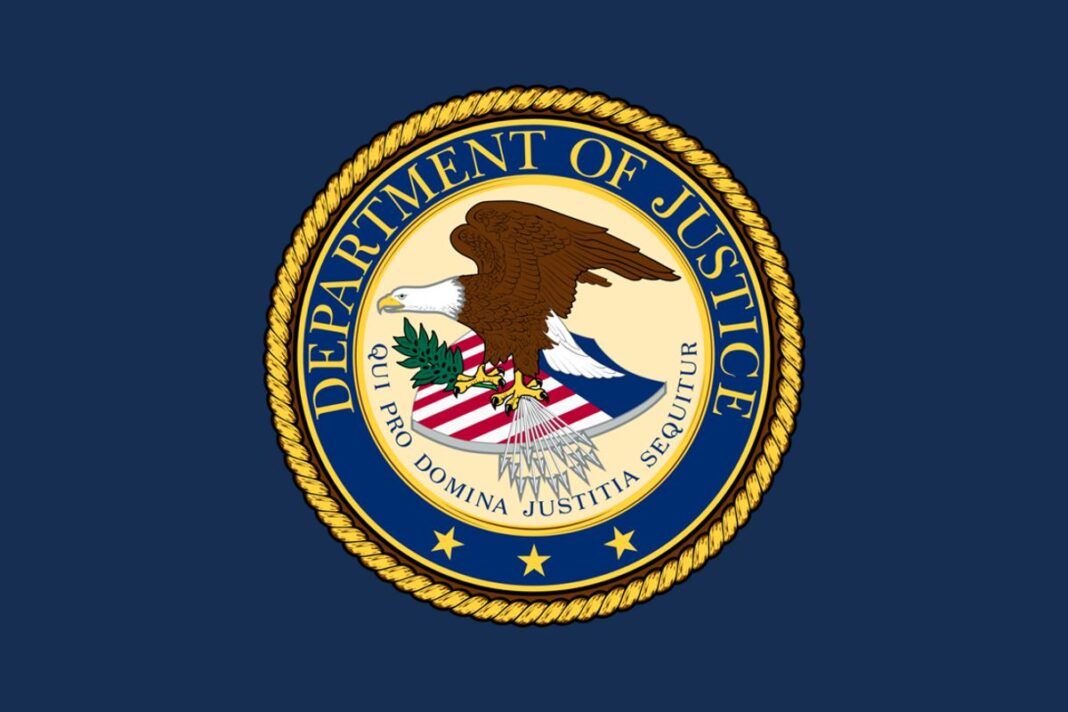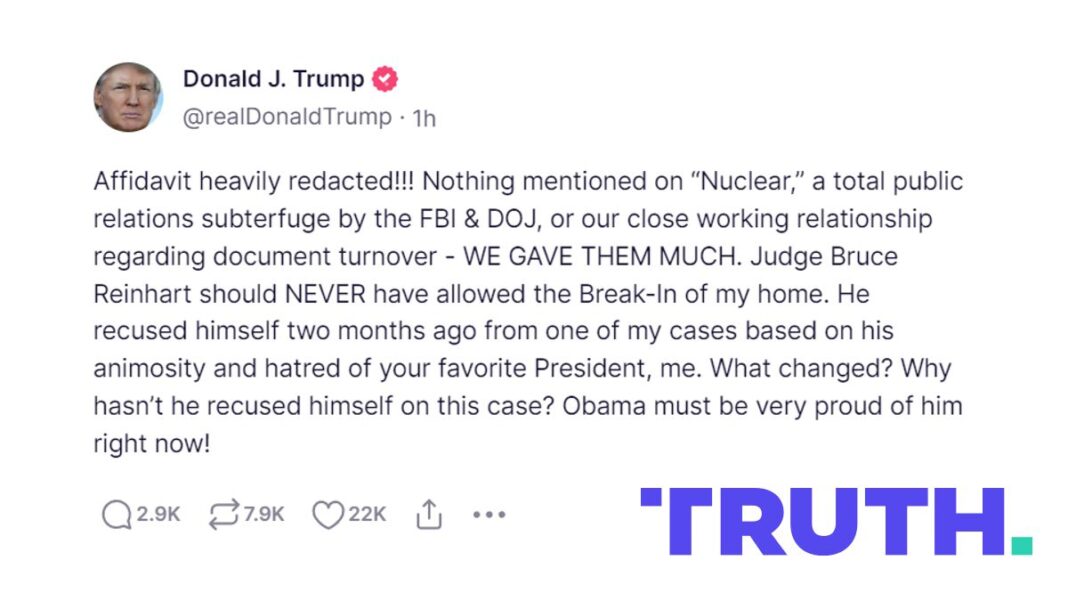In a 1995 interview with Computerworld Information Technology Awards Program, Steve Jobs, founder of Apple, shared his thoughts on public education and how to improve the American educational system. Competition is the answer, along with parents who care about their child’s education. Giving parents vouchers and letting them choose the schools their children will attend will create competition, and schools will have to compete forcing education to improve.
Transcript
Steve Jobs: And I’ve been a very strong believer that what we need to do in education is go to the full voucher system. I know this isn’t what you care about a great deal.
Interviewer: Well, this is exactly what we care about.
Steve Jobs: Okay, great.
Interviewer: This is, believe it or not, this is at the end and we we’re . . .
Steve Jobs: One of the things that I feel is that, right now, you know, if you ask who are the customers of education? The customer’s of education are the society at large, employers that hire people, right, things like that, but ultimately I think the customers are the parents, not even the students, but the parents. The problem that we have in this country is that the customer went away. The customer stop paying attention to their schools for the most part.
Interviewer: And gave their kids to the …
Steve Jobs: Well what happened was mothers started working and they didn’t have time to spend at PTA meetings and watching their kids school. Schools became much more institutionalized and parents spent less and less and less time involved in their kids education. And what happens when a customer goes away, and a monopoly gets control, which is what happened in our country, is that the service level almost always goes down. I remember seeing a bumper sticker, when the telephone company was all one, AT&T, the Bell System, I remember seeing a bumper sticker with the Bell logo on it and said, “We don’t care. We don’t have to.” And that’s what a monopoly is. That’s what IBM was in their day and that’s certainly what the public school system is. They don’t have to care. Now it turns out, let’s go through some economics. The most expensive thing people buy in their lives is a house. The second most expensive thing is a car, usually. And a car cost, average car is approximately about $20,000, now 16, $20,000 and an average car last about what, 8 years and you buy another one. So, approximately $2,000 a year, right for an 8 year commitment. Well, your child goes to school, right, approximately eight years in K-8, right. You don’t like to switch schools, it like an eight year commitment. What is the state of California spend per pupil, per year, in a public school?
Interviewer: I have no idea.
Steve Jobs: What they spend per year, per pupil, is about $4,400. About twice, over twice as much as a car. Now, it turns out that when you go to buy a car you have a lot of information available to you to make a choice and you have a lot of choices. General Motors and Ford and Toyota and Chrysler and Nissan they are advertising to me like crazy. I can’t get through a day without seeing 5 car ads. And they seem to be able to make these cars efficiently enough that they can afford to take some of my money and advertise other people with it. So everybody knows all about these cars and they keep getting better and better and better because theirs a lot of competition.
Interviewer: And there’s a warranty.
Steve Jobs: And there’s a warranty, that’s right. But in schools, since people don’t feel like they’re spending their own money, they feel like it’s free, right. No one does any comparison shopping. A matter of fact if you want to put your kid in a private school, you can’t take the $4,400 out of the public school and use it, you have to come up with 5 or 6 thousand dollars, or even $4,400 of your own money.
Interviewer: Or more . . .
Steve Jobs: I believe very strongly that if the country gave each parent a voucher, check for $4,400 that they could only spend at any accredited school, that several things would happen. Number one, schools would start marketing themselves like crazy to parents to get students. Secondly, I think you see a lot of new school starting. I’ve suggested, as an example, if you go to Stanford Business School they have public policy track, they could start a school administrator track. So you could get a bunch of people coming out of college tying up a someone who just got out of business school. They could be starting their own schools. You could have 25 year old kids out of college, very idealistic, full of energy, instead of starting a Silicon Valley company they could start a school. And I believe they would do far better than many of our Public School teachers do. The third thing you’d see is, I believe, that you would see the quality of schools, again, just like in a competitive market, start to rise. Some schools would go broke. A lot of the public schools would go broke. There is no question about it. It would be rather painful for the first several years.
Interviewer: And deservedly so.
Steve Jobs: But, I think far less painful than the kids going through the system as it is right now. And some people, the biggest complaint that schools would pick off all the good kids and all the bad kids would be left to wallow together in either a private school or the remnants of the public school. To me that’s like saying, well, all the car manufacturers are going to make BMW’s and Mercedes and nobodies going to make a $10,000 car. Well, I think the most hotly competitive market right now is the $10,000 car area. You’ve got all the Japanese playing in it. You got General Motors who spent 5 billion dollars subsidizing Saturn, so far, so they can compete in that market. You’ve got Ford which has just introduced two new cars in that market. You’ve got Chrysler with the Neon. So
Interviewer: So you’re spending $32,000 and your getting a $500 used car.







